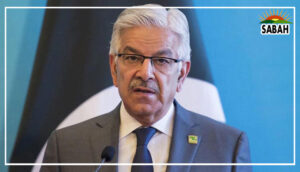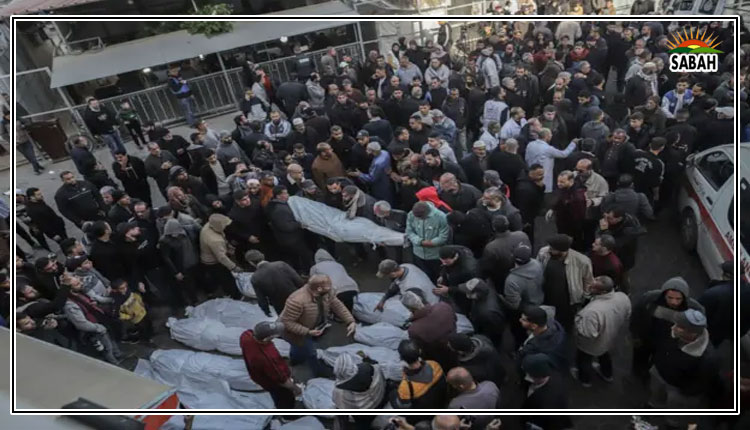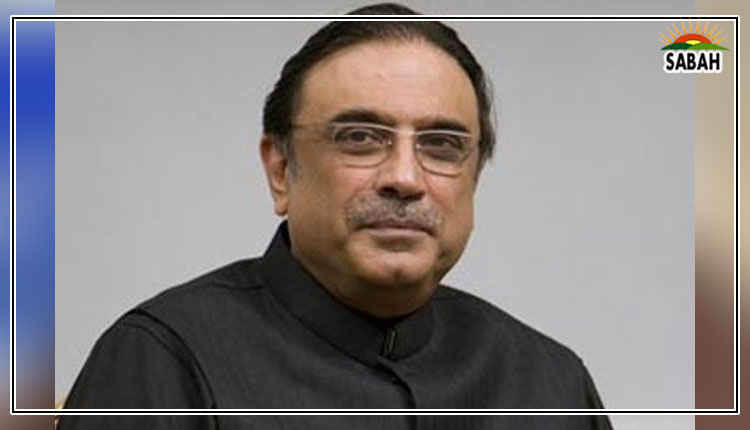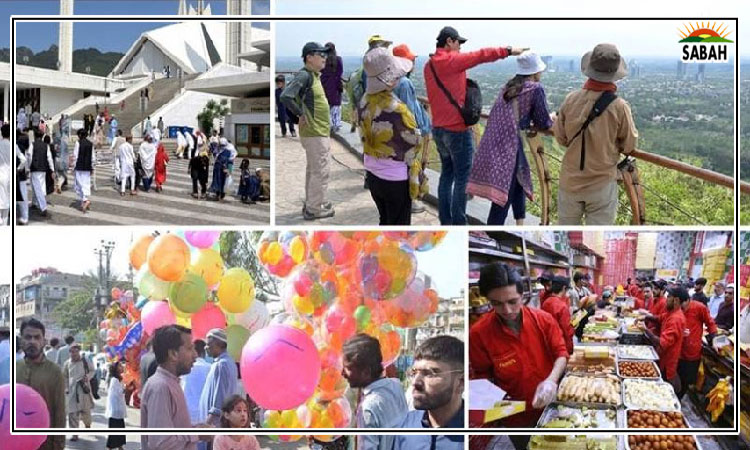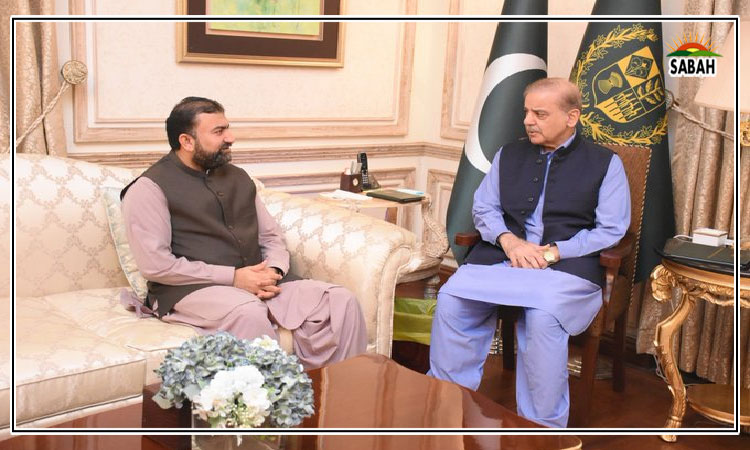Military courts…Dr Farrukh Saleem
Heres a list of countries where civilians have been tried in military courts: Argentina, Israel, Turkey, Thailand, China, Indonesia, Kuwait, Sri Lanka, Mali, Lebanon, Malaysia, Russia, Iran, India, Cuba, Djibouti, Eritrea, Kenya, Bahrain, Chile, Peru, Mexico, Philippines, Syria, Yemen, Bangladesh, Iraq, Saudi Arabia, Burundi, Syria, Cambodia, Jordan, Sudan, Libya, Algeria, Guatemala, Columbia, United States, Greece, Venezuela and Zimbabwe.
Various countries globally have set up special courts to efficiently handle specific types of cases. Examples include Italys fast-track courts, Japans summary courts, South Africas mobile courts, and Indias fast-track courts. In the United States, the Federal Riots Act established courts for civil disorder cases. Similarly, Canadas Emergency Measures Act set up special courts for security-related cases, and Frances State of Emergency Act created courts for national security cases. Spains Organic Law on Public Security established courts for public order and security cases. These specialized courts underscore the significance of timely justice delivery in specific areas of law.
Why are civilians tried in military courts? One reason is when the civilian is accused of committing a crime that is related to or affects the military. This could include crimes such as espionage, treason, or attacks on military personnel or property. Another reason is when a country is facing a national security threat or emergency, and the government may feel that military courts are better equipped to handle the case quickly and efficiently. In such cases, the government may argue that military courts are better equipped to protect national security interests.
Military courts are often perceived as being capable of handling cases swiftly and efficiently, particularly in situations where there is a need to prompt justice delivery. Governments often opt to use military courts to expedite trials, especially when civilian courts are burdened by a backlog of cases or are unable to ensure timely resolutions.
In a number of jurisdictions around the world, military courts are used to prosecute civilians for crimes against national security, terrorism, or other offences that are deemed to pose a threat to the countrys defence or security.
To be sure, attacks on military installations by a countrys own political party has a significant and long-lasting impact on the economy, affecting not only the military and security sector, but also broader economic indicators such as growth, employment, and investment. According to an authoritative study, covering 130 countries, titled The economics of social unrest, On average, major unrest events are followed by a 1 percentage point reduction in GDP six quarters after the event. For Pakistan, that would mean that the unfortunate events of May 9 will cause a major dent in our GDP, an estimated loss of some $3 billion.
It is absolutely imperative that we draw a clear and unwavering line when it comes to attacking military installations and other symbols of national pride. It is essential that we take swift and decisive action to ensure that justice is served in cases of such serious violations. Any failure to address these heinous acts of aggression will only serve to embolden the perpetrators and pave the way for further attacks. It is, therefore, incumbent upon our leaders to make the prosecution of these crimes their top national priority.
Courtesy The News



